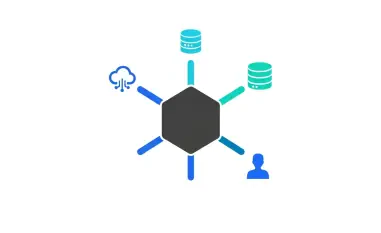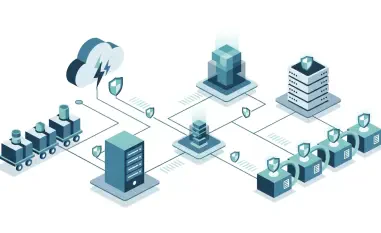Malik Haidar, a renowned cybersecurity expert, provides invaluable insights into the complexities of data processing on websites and the vital role cookies play in shaping user experiences. With his extensive experience in combating cyber threats for multinational corporations, Malik expertly bridges the gap between business needs and cybersecurity strategies.
What is the primary purpose of processing users’ information on websites?
Processing users’ information is crucial for delivering personalized content and advertisements. Websites use this data to understand user behavior and preferences, thereby enhancing the user’s experience by tailoring the services and content to their needs. Additionally, it allows companies to measure the effectiveness of their content delivery and generate valuable insights to improve service offerings.
How does blocking certain types of cookies impact a user’s experience on a website?
Blocking cookies can significantly influence a user’s website experience by limiting functionality and access to certain services. For example, some features might not work properly or at all, disrupting smooth navigation or service access. It can also prevent users from benefiting from personalized content, leading to a less tailored experience.
What are “Strictly Necessary Cookies,” and why are they essential for website functionality?
Strictly Necessary Cookies are fundamental for the basic operations of a site. These cookies are set in response to user actions like logging in or setting privacy preferences and are indispensable for ensuring that essential service requests are fulfilled. Without them, parts of the site may cease to function, compromising the user’s ability to interact with essential features.
How do “Performance Cookies” help improve a website?
Performance Cookies play a pivotal role in optimizing a website by enabling the tracking of visits and traffic sources. Understanding how visitors move through the site can highlight which pages are performing well versus those that need improvement. This data is crucial for refining the user experience and enhancing site efficiency.
What role do “Functional Cookies” play in enhancing user experience on a website?
Functional Cookies enhance website functionality by enabling personalization and providing added features. Without these cookies, users might lose access to certain services that require personalization, like language choices or video plugins. They can be set by third-party providers to offer additional layers of service.
How do “Targeting Cookies” affect the ads a user sees online?
Targeting Cookies influence the personalization of advertisements by compiling user profiles based on interests. This customization enhances the relevance of advertising, making it more appealing to users. If blocked, users might encounter broader, less personal ads, reducing the effectiveness of advertising campaigns.
How can users manage their consent for cookies on a website?
Users can manage cookie consent through specific settings or tools provided within the website’s Cookie Preference Center. This empowers users to choose which types of cookies they wish to allow and provides transparency on how their data is being used.
What information do the “Cookie Policy” and “Manage Consent Preferences” sections typically provide to users?
These sections offer vital information on the types of cookies used, their purposes, and how users can manage their consent. They aim to give users control over their data and clarify the implications of adjusting cookie settings.
How does understanding cookie preferences contribute to web security and privacy management?
Being informed about cookie preferences empowers users to make decisions that safeguard their privacy and enhance security. It is a foundational element of controlling personal data and understanding the balance between functionality and privacy.
Do you have any advice for our readers?
My advice would be to stay informed about your online privacy and the tools available for managing it. Be proactive in understanding how cookies and data processing can impact your online experience, and make use of the controls provided by websites to tailor your privacy settings effectively.













